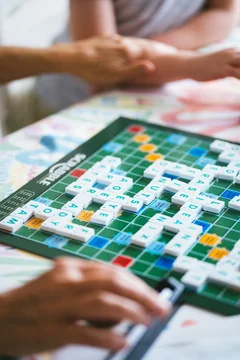
In Delaware, there are a few hoops to jump through if you want to bring a discovery dispute before the Court. Local Rule 7.1.1 is the most basic, and requires the parties to make "reasonable efforts" to resolve their disputes, including verbal communications between opposing Delaware Counsel.
Next, each Judge has their particular procedures for bringing the dispute, either requiring a joint phone call to chambers (Judges Connolly, Noreika, and Andrews) or a joint letter outlining the issues and confirming that the parties have met and conferred (Judge Stark). In either case, the parties must agree that they have reached an impasse, and many disputes fizzle out before the Court ever hears them.
When the parties nonetheless end up bringing too many discovery disputes, the Court always has the option of setting the last hoop on fire. The Court has, for instance, required "senior outside counsel (i.e. the person(s) trying the case)" to confer in person before bringing any further disputes. See AgroFresh Inc. v. Hazel Technologies, Inc., C.A. No. 18-1486 (D. Del. Mar. 4, 2020).
On Tuesday, Judge Andrews introduced a new, pandemic-friendly, spin on discovery dispute management in Guest-Tek Interactive Entertainment Ltd. v. Nomadix, Inc., C.A. No. 18-1394, D.I. 193 (D. Del. Dec. 1, 2020). In that case, the parties had brought their 7th discovery dispute of the case, which was a fairly standard deposition scheduling issue.
Judge Andrews resolved the issue, but noted in the order that it was "apparent that the pro hac vice attorneys for the parties have difficulty dealing with each other in a reasonable and professional manner, as witnessed by the extraordinary number of discovery disputes." Accordingly, he gave both parties a series of homework assignments including filing a joint letter every three days until discovery was completed.
Personally, I don't expect any more disputes in the case.
If you enjoyed this post, consider subscribing to receive free e-mail updates about new posts.


